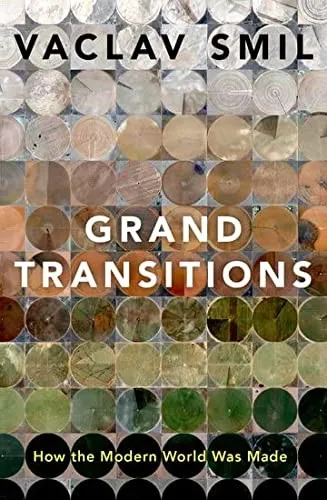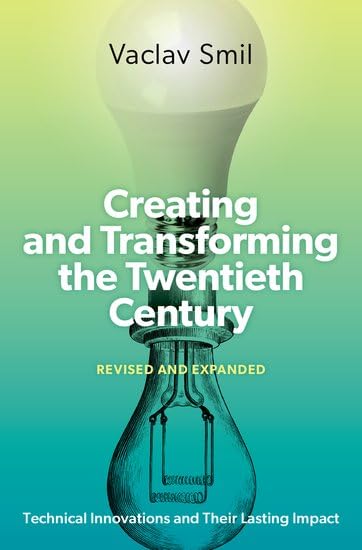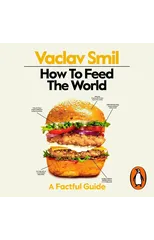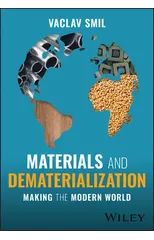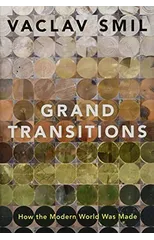Grand Transitions
How the Modern World Was Made
(Autor) Vaclav SmilFrom one of the world's leading experts on the history of energy, a rigorous examination of the transitions that structure our modern world--and the environmental reckoning that will mark its success or failure. What makes the modern world work? The answer to this deceptively simple question lies in four "grand transitions" of civilization--in populations, agriculture, energy, and economics--which have transformed the way we live. Societies that have undergone all four transitions emerge into an era of radically different population dynamics, food surpluses (and waste), abundant energy use, and expanding economic opportunities. Simultaneously, in other parts of the world, hundreds of millions remain largely untouched by these developments. Through erudite storytelling, Vaclav Smil investigates the fascinating and complex interactions of these transitions. He argues that the moral imperative to share modernity's benefits has become more acute with increasing economic inequality, but addressing this imbalance would make it exceedingly difficult to implement the changes necessary for the long-term preservation of the environment. Thus, managing the fifth transition--environmental changes from natural-resource depletion, biodiversity loss, and global warming--will determine the success or eventual failure of the grand transitions that have made the world we live in today.
Vaclav Smil
Vaclav Smil is a Czech-Canadian scientist and author known for his work in energy, environmental, and population studies. He is the author of over 40 books that cover a wide range of topics including energy transitions, environmental sustainability, and the history of technology.
Smil's writing style is characterized by its thorough research, data-driven analysis, and accessible language. His contributions to literature include providing valuable insights into the challenges and opportunities facing humanity in the 21st century, particularly in the areas of energy consumption and climate change.
One of Smil's most famous works is "Energy and Civilization: A History," in which he traces the relationship between energy use and societal development throughout human history. This book has had a significant impact on the field of energy studies and has been praised for its comprehensive and insightful analysis. Overall, Vaclav Smil's work has made a lasting impact on the literary genre of science and technology writing, and his contributions continue to be highly regarded in academic and popular circles.
